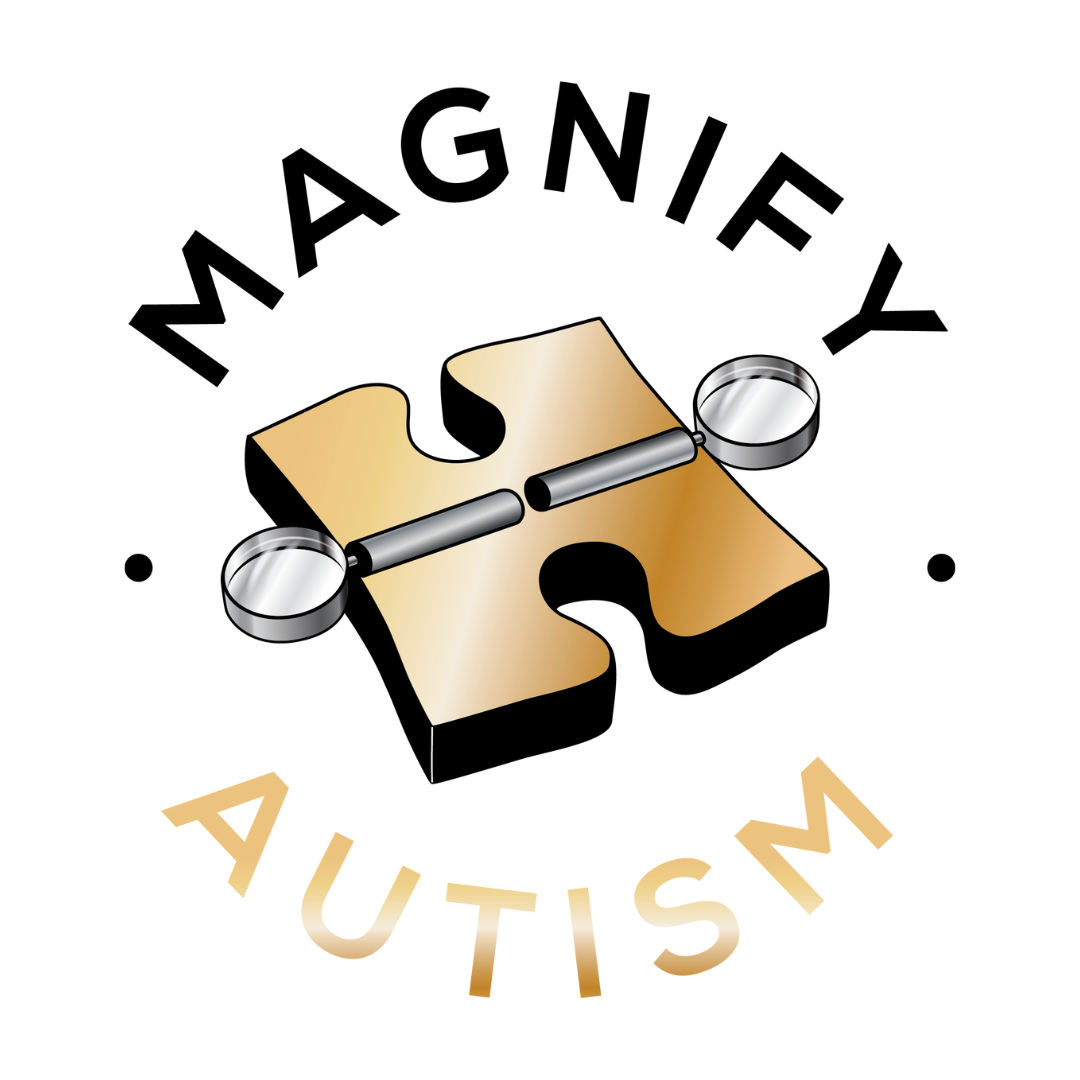EXAMPLES OF SOCIAL ISSUES RELATED TO ASD:
Does not respond to name by 12 months of age
Avoids eye-contact
Prefers to play alone
Does not share interests with others
Only interacts to achieve a desired goal
Has flat or inappropriate facial expressions
Does not understand personal space boundaries
Avoids or resists physical contact
Is not comforted by others during distress
Has trouble understanding other people’s feelings or talking about own feelings
Our Social Skills
Social issues are one of the most common symptoms in all of the types of ASD. Individuals with an ASD do not have just social “difficulties” like shyness. The social issues they have cause serious problems in everyday life.
Typical infants are very interested in the world and people around them. By the first birthday, a typical toddler interacts with others by looking people in the eye, copying words and actions, and using simple gestures such as clapping and waving “bye bye”. Typical toddlers also show interests in social games like peek-a-boo and pat-a-cake. But a young child with an ASD might have a very hard time learning to interact with other people.
Some individuals with an ASD might not be interested in other people at all. Others might want friends, but not understand how to develop friendships. Many children with an ASD have a very hard time learning to take turns and share—much more so than other children. This can make other children not want to play with them.
Individuals with an ASD might have problems with showing or talking about their feelings. They might also have trouble understanding other people’s feelings. Many people with an ASD are very sensitive to being touched and might not want to be held or cuddled. Self-stimulatory behaviors (e.g., flapping arms over and over) are common among people with an ASD. Anxiety and depression also affect some people with an ASD. All of these symptoms can make other social problems even harder to manage.

